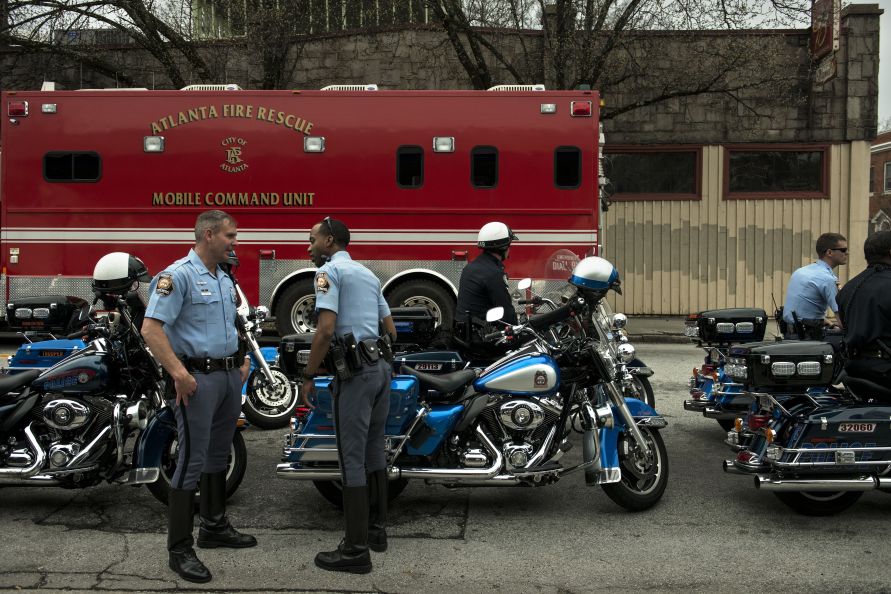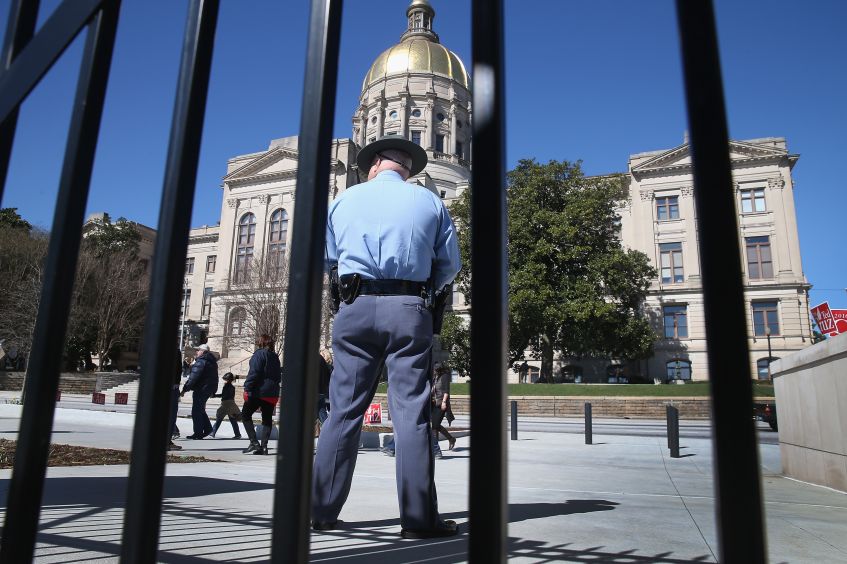Ever wondered why people call police 12? Well, buckle up because we're diving deep into this intriguing topic that’s been buzzing around for years. It’s not just a random number; there’s a lot more to it than meets the eye. Whether you’re curious about law enforcement lingo or simply want to understand the context behind this phrase, you’re in the right place. So, let’s get started and uncover the truth!
Calling police 12 isn’t just a phrase thrown around lightly. It’s a term that carries weight, especially in communities where law enforcement plays a crucial role. From urban neighborhoods to rural towns, people use this phrase for various reasons, and understanding its origins and implications can give us a clearer picture of how society interacts with law enforcement.
In this article, we’ll explore everything you need to know about why people call police 12. From historical context to modern-day usage, we’ll break it down step by step. By the end, you’ll have a solid understanding of the phrase and its significance in today’s world. So, let’s dig in!
Read also:What Is Salt Under The Tongue Used For
Understanding the Origins of "Police 12"
Before we jump into the reasons why people call police 12, it’s essential to understand where this phrase comes from. The term "police 12" is believed to have originated from police radio codes. In many jurisdictions, "12" is a code used by officers to signal their location or request backup. Over time, this code entered public consciousness and became a shorthand for calling the police.
How Police Codes Shaped Public Perception
Police codes, like "10-4" or "12," have been part of law enforcement communication for decades. These codes were designed to simplify communication during emergencies and reduce the need for lengthy explanations over the radio. However, as these codes became more widely known, they entered popular culture and everyday language.
- Police codes like "12" are often misunderstood by the public.
- The use of such codes in movies and TV shows has contributed to their popularity.
- Understanding the origins of these codes can help clarify their meaning in modern contexts.
Why Do People Call Police 12? Exploring the Reasons
Now that we’ve covered the origins of the phrase, let’s dive into the reasons why people call police 12. The motivations behind this action can vary widely depending on the situation and the individual’s needs. Here are some of the most common reasons:
1. Emergency Situations
In emergency situations, calling police 12 is often a quick way to request assistance. Whether it’s a break-in, a violent incident, or a missing person, people turn to law enforcement for help. The phrase "police 12" has become synonymous with urgent calls for support.
2. Community Safety Concerns
Many people call police 12 to report suspicious activities or behaviors in their neighborhood. This proactive approach helps maintain community safety and ensures that potential threats are addressed promptly.
3. Traffic Incidents
Another common reason people call police 12 is to report traffic incidents, such as accidents or reckless driving. Officers are often needed to manage these situations and ensure that roads remain safe for everyone.
Read also:Dr Phil Age The Man Behind The Iconic Tv Show
The Role of Law Enforcement in Society
Law enforcement plays a critical role in maintaining public safety and order. When people call police 12, they’re relying on officers to respond swiftly and effectively. But what exactly does this role entail, and how does it impact society?
Key Responsibilities of Police Officers
Police officers are tasked with a wide range of responsibilities, from patrolling neighborhoods to investigating crimes. Here are some of the key duties that make law enforcement an essential part of our communities:
- Enforcing laws and regulations.
- Protecting citizens and their property.
- Responding to emergency calls and providing assistance.
- Building trust and collaboration with the community.
The Impact of "Police 12" on Public Perception
The phrase "police 12" has had a significant impact on how people perceive law enforcement. For some, it represents a reliable source of help during crises. For others, it may evoke concerns about over-policing or misuse of authority. Understanding these perceptions is crucial for fostering better relationships between police and the communities they serve.
Addressing Misconceptions
One of the challenges in discussing "police 12" is addressing the misconceptions surrounding its use. Some people believe that calling the police is always the best solution, while others feel hesitant to involve law enforcement due to past experiences. By promoting open dialogue and education, we can bridge these gaps and create a more informed public.
Statistics and Data on Police Calls
Let’s take a look at some statistics to better understand why people call police 12. According to recent studies, emergency calls to law enforcement have been on the rise in many areas. This trend highlights the growing demand for police services and the importance of effective resource allocation.
- In 2022, over 240 million calls were made to emergency services in the United States alone.
- A significant percentage of these calls involved situations where police intervention was necessary.
- Studies show that community engagement and education can reduce unnecessary calls and improve response times.
Best Practices for Calling Police 12
If you find yourself in a situation where calling police 12 is necessary, it’s important to know how to do so effectively. Here are some best practices to keep in mind:
1. Stay Calm and Provide Clear Information
When making an emergency call, try to remain calm and provide as much detail as possible. This includes the location, nature of the incident, and any relevant descriptions.
2. Only Call for Genuine Emergencies
It’s crucial to use emergency services only for situations that truly require immediate attention. Non-urgent issues can often be addressed through other means, such as community resources or non-emergency phone lines.
3. Follow Up if Needed
If you don’t receive a response after calling police 12, don’t hesitate to follow up. Persistence can sometimes make all the difference in ensuring that your situation is addressed.
Community Resources and Alternatives
While calling police 12 is often the go-to solution, there are other resources available for addressing non-emergency issues. Community organizations, mental health services, and conflict resolution programs can provide alternative solutions that may be more appropriate in certain situations.
Exploring Non-Police Options
For issues such as noise complaints, minor disputes, or social services, reaching out to community organizations can be a more effective approach. These groups often have the expertise and resources needed to address these concerns without involving law enforcement.
The Future of Law Enforcement Communication
As technology continues to evolve, so too does the way we communicate with law enforcement. From mobile apps to online reporting systems, new tools are emerging to make the process more efficient and user-friendly. These innovations have the potential to transform how people call police 12 and interact with officers in the future.
Innovations in Emergency Response
Some of the most promising advancements in law enforcement communication include:
- Real-time location sharing to improve response times.
- Text-to-911 services for individuals who cannot make voice calls.
- Artificial intelligence systems to analyze and prioritize emergency calls.
Conclusion: Why Do People Call Police 12?
So, why do people call police 12? The answer lies in the intersection of history, culture, and practical necessity. Whether it’s for emergencies, community safety, or traffic incidents, the phrase "police 12" has become a shorthand for seeking help from law enforcement. By understanding its origins and implications, we can better appreciate the role that police play in our lives.
We encourage you to share your thoughts and experiences in the comments below. Have you ever called police 12? What was your experience like? And don’t forget to check out our other articles for more insights into law enforcement and community safety. Together, we can build a safer and more informed society!
Table of Contents
- Understanding the Origins of "Police 12"
- Why Do People Call Police 12? Exploring the Reasons
- The Role of Law Enforcement in Society
- The Impact of "Police 12" on Public Perception
- Statistics and Data on Police Calls
- Best Practices for Calling Police 12
- Community Resources and Alternatives
- The Future of Law Enforcement Communication
- Conclusion: Why Do People Call Police 12?


